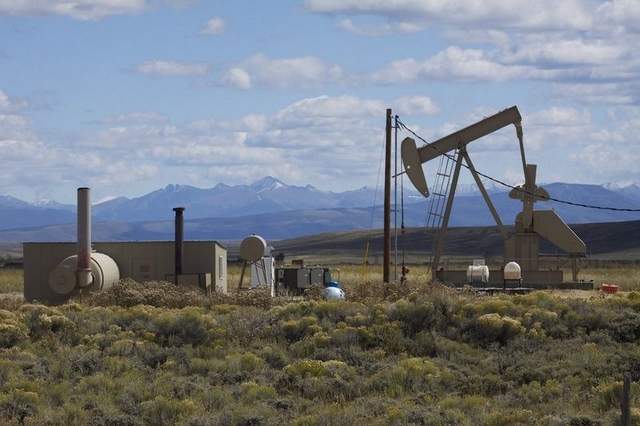
On Friday, the Intergovernmental Panel on Climate Change, better known as the IPCC, released the first bit of its Fifth Assessment Report, a volume with a plain name that may have a large influence on global policy. This first part of the report, part one of three, is the “sciency” part, documenting the current state of knowledge of climate change and its effects. The report sticks to the physical science of climate change—by how much the climate is changing, what’s causing it, and what the world might look like by the end of the century. The next two volumes of the report will address the societal impacts of climate change and, lastly, mitigation strategies.
HOE co-host Beth Bartel speaks with Tad Pfeffer, a professor at CU-Boulder jointly appointed between the Institute of Arctic and Alpine Research, (INSTAAR), and the Department of Civil, Environmental, and Architectural Engineering. Pfeffer is one of the lead authors on Chapter 13 of the IPCC report, the chapter on sea level rise.
Hosts: Beth Bartel, Ted Burnham
Producer: Beth Bartel
Engineer: Maeve Conran
Executive Producer: Beth Bartel
Listen to the show:
Podcast: Play in new window | Download (Duration: 24:47 — 34.0MB)
Subscribe: RSS






